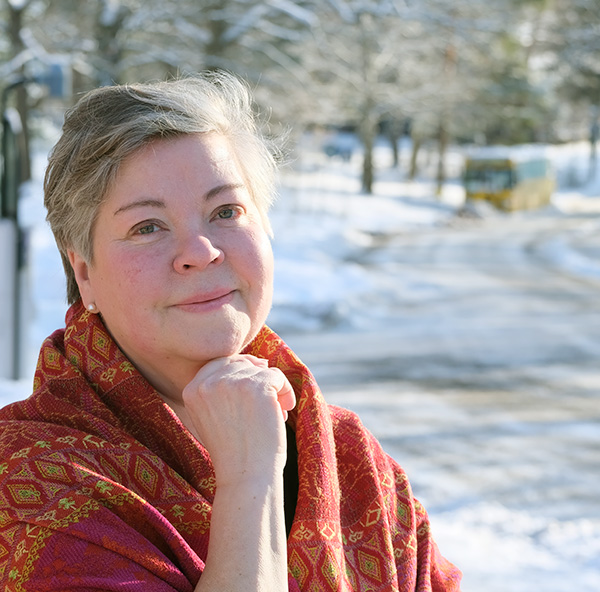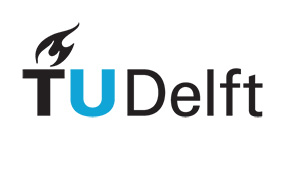TU Delft taking the initiative for innovation in education
Kristina Edström appointed Professor of Innovation in Engineering Education at TU Delft

TU Delft, in the Netherlands, is making a major investment in educational enhancement, called Initiative on Innovation in Delft Engineering Education (IDEE). Kristina Edström will dedicate 20% of her time to supporting multi-disciplinary teams when they address significant issues for engineering education.

Innovation in Delft Engineering Education
Through IDEE, the Teaching Academy of TU Delft aims to establish a center for evidence-based innovation in engineering education. It addresses challenges in providing student-centric education, using an engineering design approach.
Professor Annoesjka Cabo , Academic Director of the Teaching Academy at TU Delft, says:
“We saw a need to create a space [...] where innovations in education will be researched in a scientific way, and we wanted to create a platform where all the knowledge developed will be findable and usable.”
TU Delft has appointed Kristina Edström to support this endeavor in a part-time position. Kristina has over 25 years of experience in engineering education development at KTH, and is an Associate Professor at the Department of Learning in Engineering Sciences. Many KTH teachers have met her in various courses for teaching and learning in higher education – currently she leads the Doctoral Supervision course.
Kristina, tell us more about IDEE and why you were interested in joining the initiative?
- IDEE will launch five teams formed around significant themes, with the mission to implement innovative practices in education. Each team consists of several faculty members, with a PhD student, a post-doc and an educational developer, funded for five years. Success has two sides: it means embedding impactful innovation in the education at TU Delft, and it means making significant contributions to the field of engineering education research. It really resonates with me that the usefulness for education is equally important as the scholarly impact. It should also be noted that TU Delft is making a substantial commitment with IDEE – I can’t think of anything else going on in Europe of this caliber.
Making IDEE a vibrant community
Three themes have already started the work: Students taking responsibility for their own learning process, Retention of knowledge and skills, and Future engineering skills.
Which of these themes resonates with you the most?
- Oh no, don’t even try to make me compare. All themes are chosen to be relevant and highly interesting for engineering educators, not only across the faculties of TU Delft but also generally in the engineering education community. I think we will be pretty interested at KTH! The first teams are now recruiting PhD candidates and post-docs, and during the year we will start formulating the remaining two themes.
As scientific expert, how do you envision your role in this big initiative?
- My role is to support the community in their work, with an eye to furthering the quality and impact of the educational innovations, the quality and impact of the scholarly contributions, as well as the development of all the people involved. There is also an outward dimension because I think that IDEE can become a role model for other universities that have ambitions for improving their education and strengthening their faculty. I expect that the world will be watching TU Delft closely, and we need to reflect on and communicate the lessons learned of the initiative itself.
A new balance in academic careers
You specifically mention supporting the development of the people, and this is what we are used to seeing you do at KTH. Could you elaborate on that?
- There is a really interesting background to IDEE. The Netherlands is currently going through a fundamental renegotiation of the academic career. Dutch universities are implementing a new system of recognition and rewards, shifting the emphasis away from quantitative measures of research output, such as h-index. To enable more diversity in academic career paths, people can have profiles with different balance between education, research, impact and leadership. The career system is in place now, but it is early days and I think that people are still making sense of the implications. IDEE can support a large number of academics to substantially strengthen their educational expertise and merits. I want IDEE to be a productive breeding ground for role models, exemplifying new kinds of legitimate and fully respected career profiles.
What about your own balance, between KTH and TU Delft?
- I am reducing my hours at KTH to make room for my Delft commitment. I think there can be synergies between my three hats, at KTH, TU Delft, and as Editor-in-Chief of the European Journal of Engineering Education. Whatever I do, it is about enabling improvement of engineering education, by combining usefulness with scholarliness.
